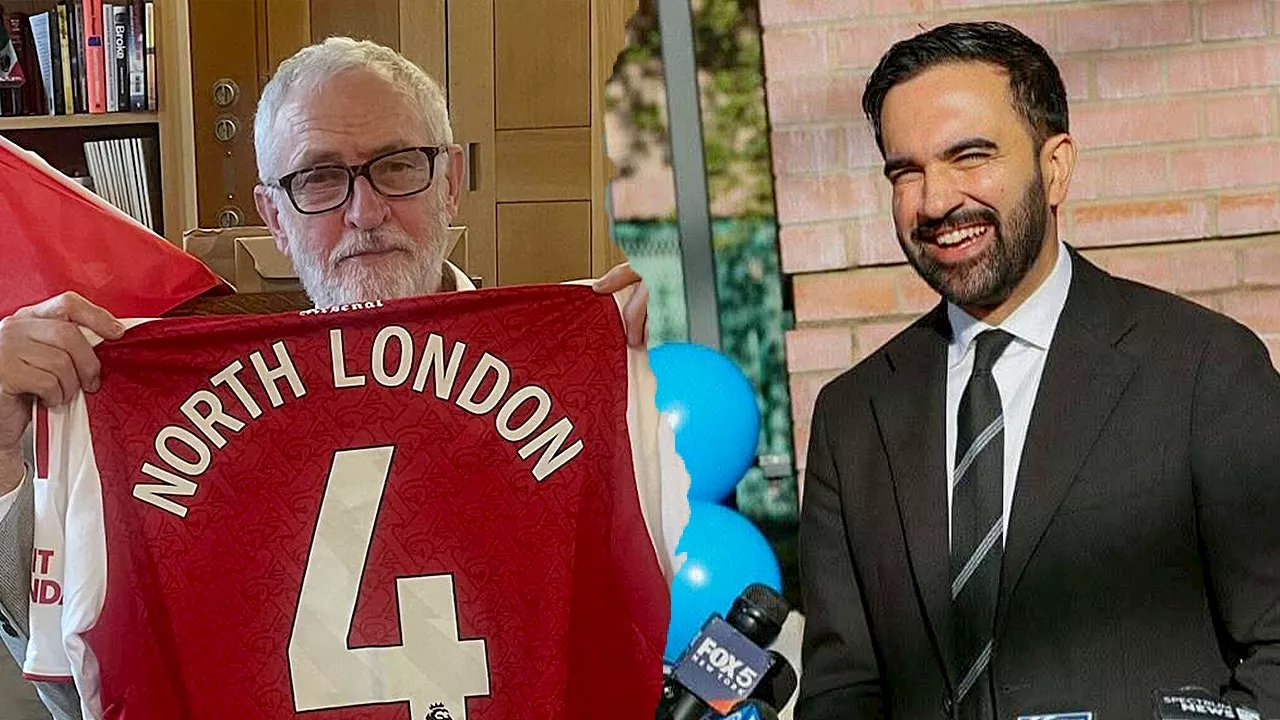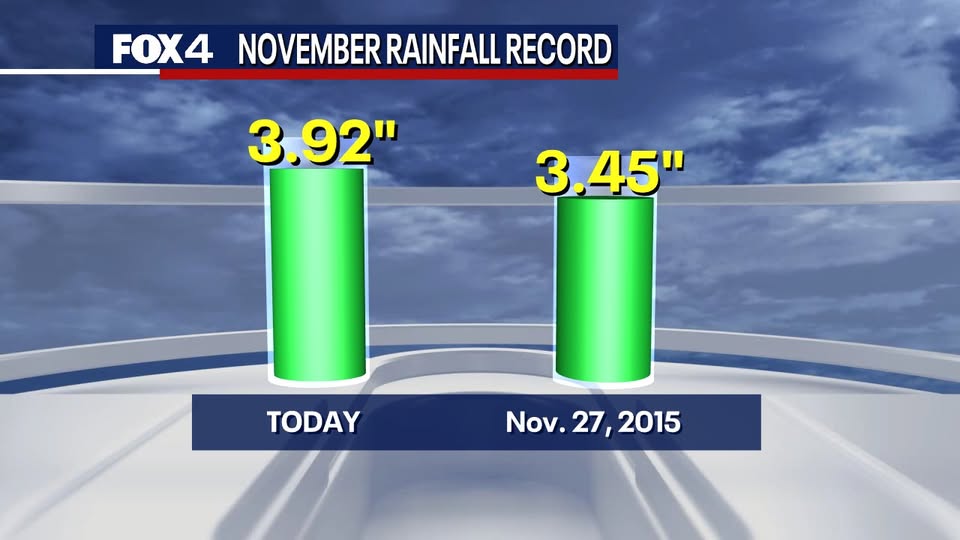UPDATE: In a stunning political upset, Zohran Mamdani has secured victory in New York’s Democratic mayoral primary, defeating former Governor Andrew Cuomo by more than seven points. This landmark win, confirmed just hours ago, underscores a significant shift in the political landscape, particularly regarding pro-Palestine sentiments.
Mamdani’s rise is a powerful statement at a time when support for Palestine is increasingly resonating with voters. Despite facing accusations of antisemitism from Cuomo’s camp due to his past advocacy for Palestinian rights, Mamdani triumphed with substantial backing from Jewish voters. His win is seen as a rejection of the notion that pro-Palestine politics could be a liability in a city with the largest Jewish population in the United States.
The implications of Mamdani’s victory are profound. According to a recent Quinnipiac poll, a record 63% of Democratic voters believe the U.S. is “too supportive of Israel,” reflecting a growing discontent with traditional pro-Israel stances. This sentiment was mirrored in a May Emerson College poll, which revealed that 46% of surveyed Democrats did not prioritize pro-Israel views in their mayoral choice.
Mamdani’s remarks on Israel’s actions in Gaza, which he has termed “genocide” and “war crimes,” align closely with the shifting views of Democratic voters. His refusal to back down from these positions, despite pressure, has been highlighted by political analysts as a pivotal factor in his campaign’s authenticity.
Beth Miller, political director of Jewish Voice for Peace Action, emphasized the significance of Mamdani’s win by stating, “Cuomo was counting on the idea that Zohran’s support for Palestinian rights would be a liability, but what last night showed was that that’s not true.”
As Mamdani prepares for the general election, his challenging views on Israeli policies will likely continue to shape the discourse around his candidacy. His alliance with influential figures such as Brad Lander, New York’s Comptroller, who publicly supported his campaign against Cuomo’s unfounded accusations of antisemitism, further solidifies his position.
In a city grappling with issues like affordable housing and public transportation, Mamdani’s platform resonates with a diverse array of New Yorkers. As Sophie Ellman-Golan of Jews for Racial and Economic Justice noted, “Jewish New Yorkers are just like other New Yorkers. We also want affordable housing and childcare, and excellent public transit.”
This historic victory marks a pivotal moment in New York City’s political narrative, as it signals a potential redefinition of how candidates can engage with sensitive international issues without alienating key voter blocs.
Looking ahead, all eyes will be on Mamdani as he navigates the upcoming general election and continues to challenge conventional political norms. His ability to maintain support from diverse communities, including Jewish voters, may redefine future political strategies around the contentious Israeli-Palestinian discourse.
Next Steps: With the general election approaching, observers will watch closely to see how Mamdani’s campaign evolves and whether he can sustain his momentum among a broader electorate. The implications of his victory may also inspire similar candidates across the nation, marking a new chapter in progressive politics.
Stay tuned for more updates on this developing story as Mamdani’s campaign progresses.







